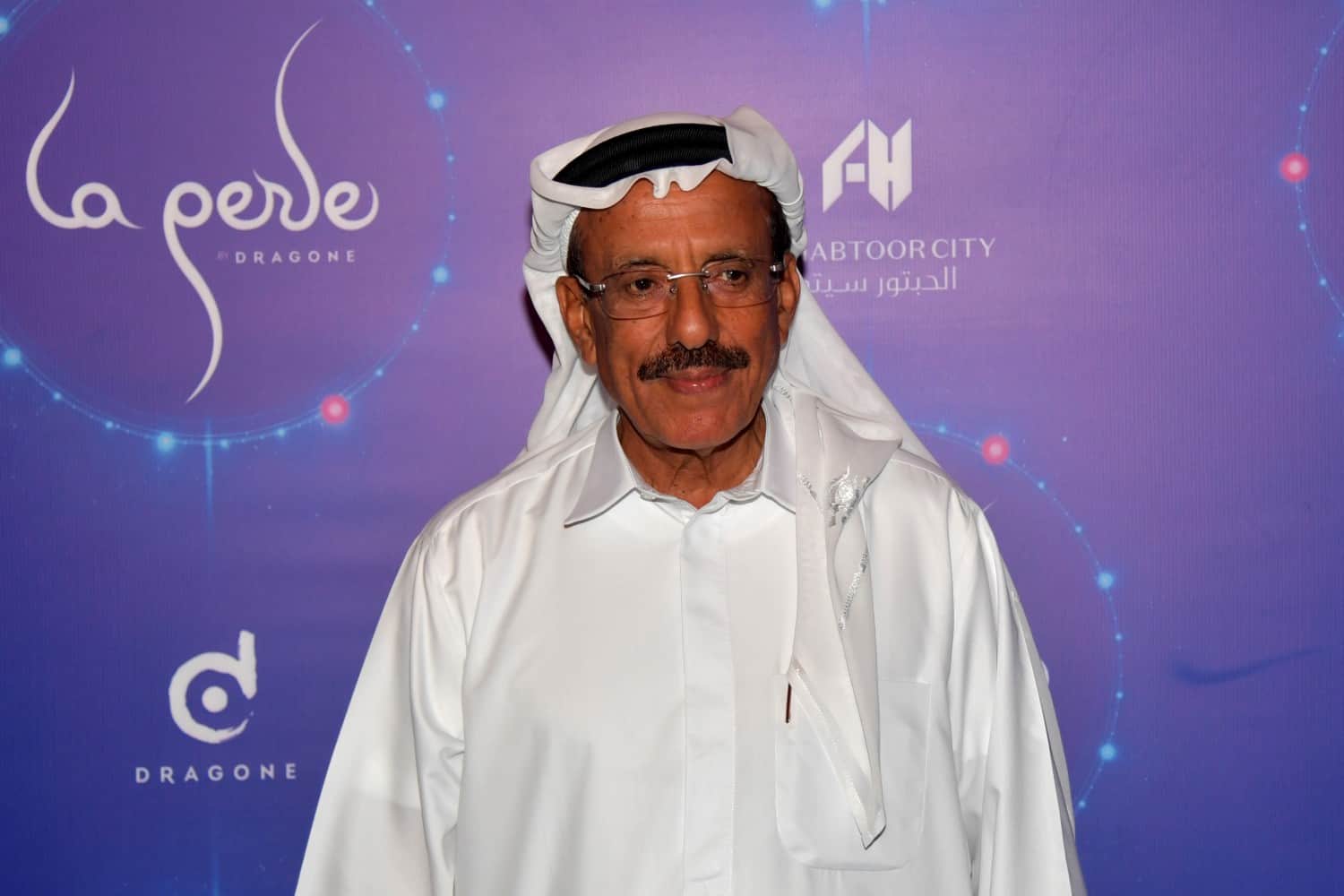Prominent UAE business tycoon and thought leader Khalaf Al-Habtoor slammed Forbes Middle East after its publication of a list of the top 10 richest Arab billionaires saying it was not credible.
“We see global newspapers competing to publish lists of the wealthiest Arabs based on their personal fortunes,” Habtoor tweeted in Arabic.
“The question here is, what did these newspapers rely on for their conclusion? Note that most of the names mentioned are owners of private companies and institutions that do not report their profits or budgets, and it is known that their businesses are much larger than what is advertised,” he added.
Al Habtoor further said: “If you do not calculate the private wealth or the value of the private companies owned by these people, which often represent more than 90% of their wealth, then this means that the measure adopted in these regulations is inaccurate. This is what I mean by my tweet”.
نرى الصحف العالمية تتسابق لإصدار لوائح أغنياء العالم العربي مقيمة ثرواتهم بطرقها الخاصة.
والسؤال هنا، علام اعتمدت هذه الصحف في هذه التحاليل؟ علماً أن غالبية الأسماء المذكورة هي لأصحاب شركات ومؤسسات خاصة لا تبلّغ عن أرباحها أو ميزانياتها، ومعروف أن أعمالها أكبر بكثير مما يُعلن.— Khalaf Ahmad Al Habtoor (@KhalafAlHabtoor) April 9, 2022
In reply, Khuloud Al Omian, Editor in chief of Forbes Middle East tweeted: “Your Excellency, allow me to answer your question. Forbes wealth scale relies on public disclosure and the market value of the value of shares owned by individuals and not companies without debt. Undisclosed private wealth is not approved out of respect for privacy unless the businessman submits financial reports approved by a financial auditor”.
In another tweet she added: “I am pleased to meet you and explain in detail about the methodology in the Forbes Global Wealth Index, if my response is not clear, my greetings and respect to you, Ramadan Kareem.”
The list of the richest Arabs released by #Forbes for this year includes 21 billionaires with a combined fortune of $52.9 billion. Although Nassef Sawiris’ fortune dropped by $600 million last year, he is still the wealthiest Arab.
🔗 https://t.co/3dVp9krx4t pic.twitter.com/0ZkeXn0rIU
— Forbes Middle East (@Forbes_MENA_) April 7, 2022
Replies, however, didn’t convince Al Habtoor who continued to press his point.
“Considering all the restrictions I mentioned that impede obtaining an accurate assessment of wealth, especially since the majority of family businesses are owned by their founding individuals and the fact that the information of these institutions is private and not disclosed, it is better for newspapers not to publish these reports that are based on incomplete information,” he posted on the microblogging site.
سعادتك، تسمحي الرد على سؤالك، تعتمد فوربس مقياس الثروات على الإفصاح العام والقيمة السوقية لقيمة الاسهم المملكومة من الافراد وليس الشركات من غير الديون، لا يتم اعتماد الثروات الخاصة غير مصرح عنها احتراما للخصوصية الا في حال قام رجل الأعمال بتقديم تقارير مالية معتمدة من مدقق مال
— خلود العميان (@KhuloudAlOmian) April 9, 2022
In response, Khuloud cited the challenge of the businessmen in the Arab region not submitting an approved financial report to avoid legal accountability.
“The law requires that only publicly declared wealth be tracked. This wealth index is individual, not family. As you can see, Arab companies are mostly family companies,” she reasoned.
Top 10 businessmen
Egyptian billionaire businessman Nassif Sawiris with $7.7 billion topped the Forbes Middle East list, followed by Algerian Yassaad Rabab and family at $5.1 billion, Nassif’s brother Naguib at $3.4 billion and the Lebanese Mikati brothers — Najib and Taha — each at $3.2 billion.
The bottom five comprised UAE real estate magnate Hussein Al-Sajwani with $2.7 billion and banker Abdullah bin Ahmad Al-Ghurair and family at $2.6 billion. Egypt’s Mohammed Mansour, Oman’s Suhail Bahwan and Emirati Abdullah Al-Futtaim and family came in at $2.5 billion each.
Leading Qatari businessmen were also notable omissions. According to the World Bank, Qatar is the richest Arab country in terms of GDP per capita.
Online controversy
There was controversy online over the list itself – in light of the fact that the Lebanese Prime Minister Mikati and his brother are listed at a time when the country is suffering one of its worst economic and financial crises in its history – as well as the fact that their wealth has grown by about $700 million.
“On the list of the wealthy is the prime minister of a bankrupt government who wants the Lebanese to face austerity and deprivation,” one Twitter user said.
One Samir Abeid tweeted: “Leave those categories, they are paid for on the one hand… and blackmail on the other side. The most important question: How did these people spend for humanitarian work and to end the injustice of the deprived and the oppressed? And the most important question is: Who of these people can take with him one dollar to the next? How many people will you invite to him while he is in his grave?
Similarly, some media outlets in the Gulf Cooperation Council (GCC) and regional versions of the so-called prestigious international news brands have been accused of demanding money from companies and individuals for awards.
The sources have claimed that media houses decide early in the year on awards for Best Company, Top Company, or Top Individuals based on costs.
The industry estimates that depending on the award, a “fee” between US$10,000 and US$100,000 is charged, either directly through money or through advertisement support.
Media analysts attribute the dubious award and listicle practices in the GCC – and especially in the UAE – to shrinking revenues.








